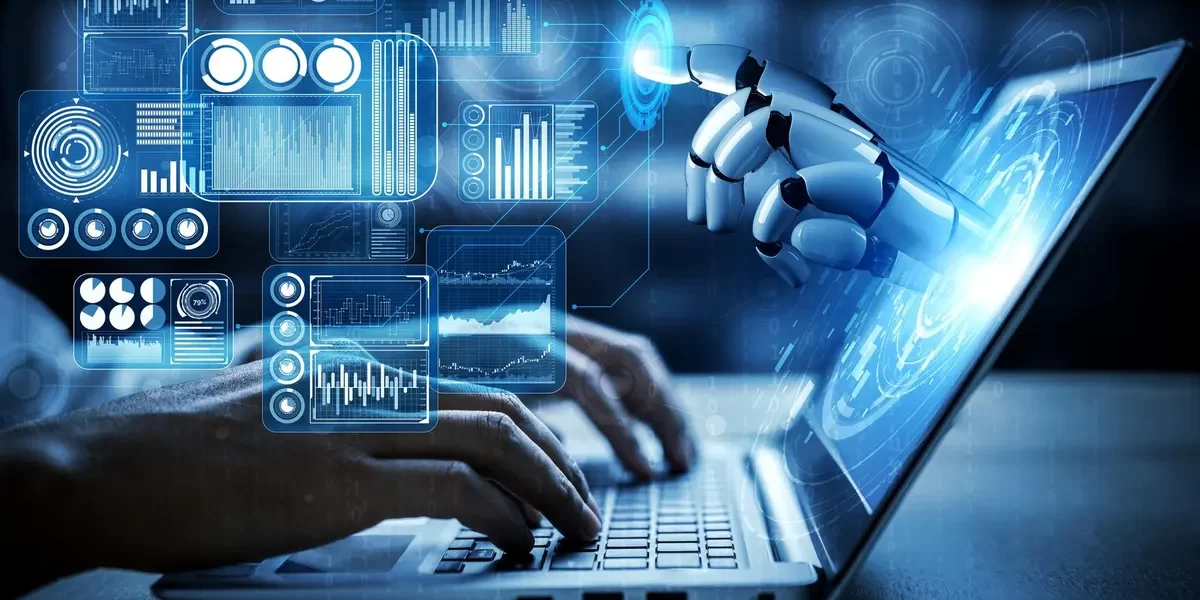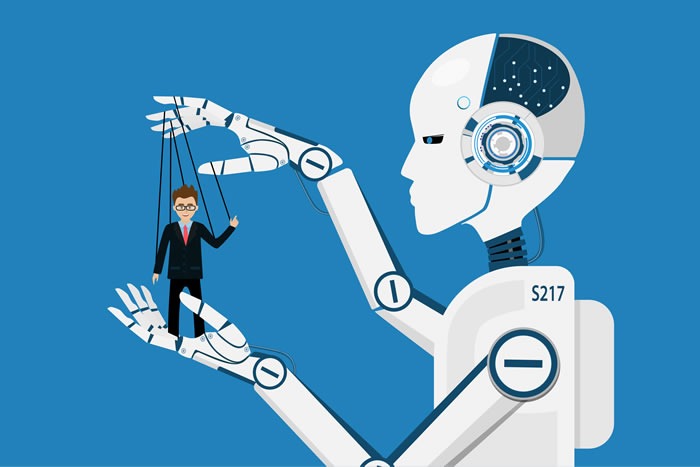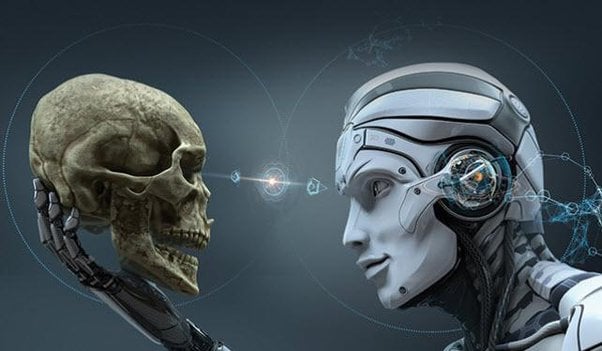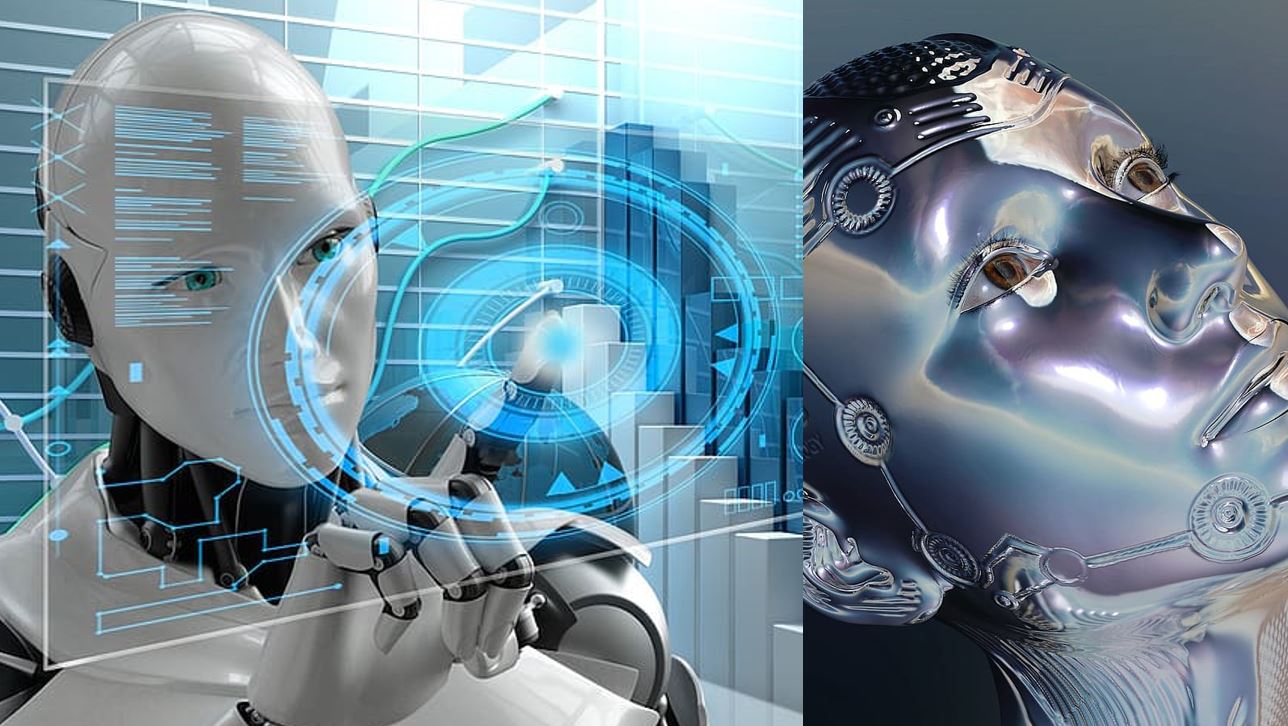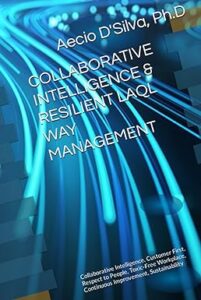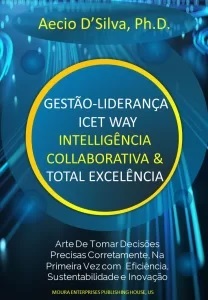Exploring the Implications of Artificial Intelligence on Society
Aécio D’Silva, PhD(1), Fabiano Moura, MSc(2)
(1) Moura Enterprises, AquaUniversityTucson, AZ 85742, EUA; (2) Profound Commerce, Inc. Austin, TX 78746
We must be aware that there will be no practical or financial reasons for humans to continue working in many industries after AI delivers on its promises. How to prepare for this reality?
Artificial Intelligence (AI) is rapidly transforming various aspects of our lives, from healthcare and education to finance and transportation. While AI has the potential to revolutionize our world in unimaginable ways, it also poses a significant threat to the future of humanity. As AI technologies continue to advance replacing humans, it raises a crucial question: What will people do next?
AI Dilemma – AI has come a long way since its inception in the 1950s. It has advanced significantly in the past decade, thanks to the availability of big data, faster computing power, and improved algorithms. AI has already started to replace human jobs in various industries, and experts predict that it will only continue to do so. However, with the rise of AI comes an array of ethical and moral dilemmas, including loss of privacy, bias, and the potential misuse of technology. As AI continues to evolve, it raises an important question about the future of humanity and how we will adapt to these changes.
AI Dilemma – The Rise of AI and its Implications on Society
AI has already started to transform various industries, and its implications on society are immense. The automation of jobs is one of the most significant implications of AI. As AI continues to replace human workers, it will lead to a significant shift in the job market. This shift will require society to adapt to the new realities of work, including retraining, reskilling, and potentially creating new industries.
For instance, it will be pointless for humans to continue operating trucks once an AI system can drive a truck demonstrably better and safer than a human can—the technology is not there yet, but it is getting there. A human in the loop would really be detrimental and inefficient because, aside from saving on labor expenses, AI systems never speed, never get distracted, never drive when intoxicated, and can drive continuously without falling asleep.
Another significant implication of AI is its potential impact on the economy. As AI replaces human jobs, it could lead to a widening income gap, with only those who possess the skills to work with AI technology benefiting from its advancements. This could lead to societal unrest and the potential for an economic crisis.
AI Dilemmas – Ethical and Moral
While AI has the potential to revolutionize our world, it also poses several ethical and moral dilemmas. The most significant of these is privacy. AI requires vast amounts of data to operate, and the collection of this data can lead to significant privacy concerns. Additionally, AI algorithms are only as unbiased as the data they are trained on, which means that if the data is biased, the AI will be too. This could lead to significant issues with bias in decision-making, particularly in industries like healthcare and finance.
Another ethical dilemma posed by AI is the potential misuse of technology. AI has the potential to be weaponized by malicious actors, and the consequences of such misuse could be catastrophic. As AI technology continues to evolve, it is essential that safeguards are put in place to prevent its misuse.
Adapting to the Future
As AI continues to evolve, it is essential that society adapts to the changes that it brings. This will require significant investment in education and retraining programs to help workers adapt to the new realities of work. It will also require significant investment in research and development to ensure that AI technology is developed ethically and responsibly.
AI is transforming our world, and its implications on society are immense. As AI continues to evolve, it is essential that we address the ethical and moral dilemmas that it poses. It is also important that we invest in education and research to ensure that we can adapt to the changes that AI brings. Ultimately, the future of humanity depends on how we adapt to these changes and use AI technology for the betterment of society.
References:
- Aecio D’Silva (2022). Inteligência Artificial: Seu novo amigo ou seu pior pesadelo?
- Hinton, G. (2019). Deep Learning—a Technology With the Potential to Transform Health Care. Jama, 322(23), 2277-2278.
- Rob Toews (2023). Artificial Intelligence And The End Of Work.Forbes
